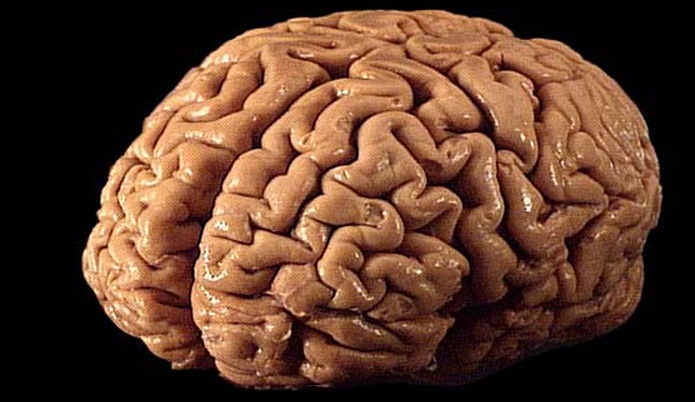Jeffrey Anderson, a leading scientist from the University of Utah, has conducted research on more than a thousand peoples` brains to compare how different sides operate. He told BBC Trending that his research has confirmed to him that the left-right, creative-logic dichotomy is simply a myth.
He said: “It is certainly the case that some people have more methodological, logical cognitive styles, and others more uninhibited, spontaneous styles. [However] this has nothing to do on any level with the different functions of the [brain’s] left and right hemispheres.
“The pop culture idea (creative vs. logical traits) has no support in the neuroscience community and flies in the face of decades of research about brain organisation, the functional roles of the two brain hemispheres and evidence from patients with lesions in one or the other hemisphere in the brain.”
So where does this idea originate? One basic answer might be that humans tend to relish simplistic ‘either or’ binaries through which to see the world.
Another reason could be due to the stigma associated with left sides and left handedness. Historically it was not uncommon for children to be punished if they wrote with their left hand instead of their right one, due to social stigma of the unknown which was often affirmed through religious beliefs. In the English language, the word ‘left’ derives from the Anglo-Saxon for ‘weak’; lyft.
Research stating that brains have separate left-right halves was awarded the Nobel Prize in 1981. It did not ascribe the ‘logic/ emotional’ values to these halves, yet popular science and popular culture came to assimilate this belief through either misunderstanding or misrepresentation.
More about:
















































